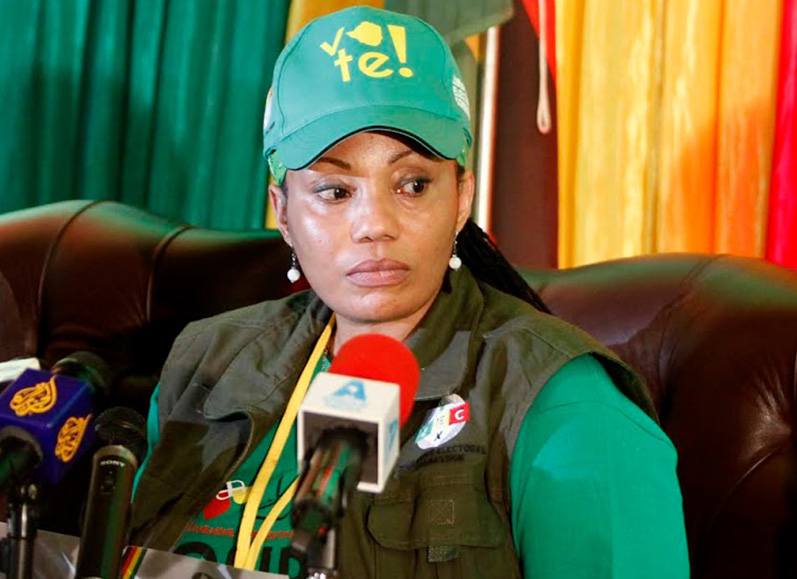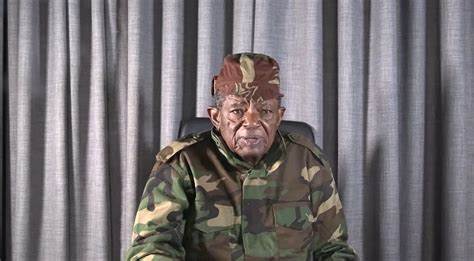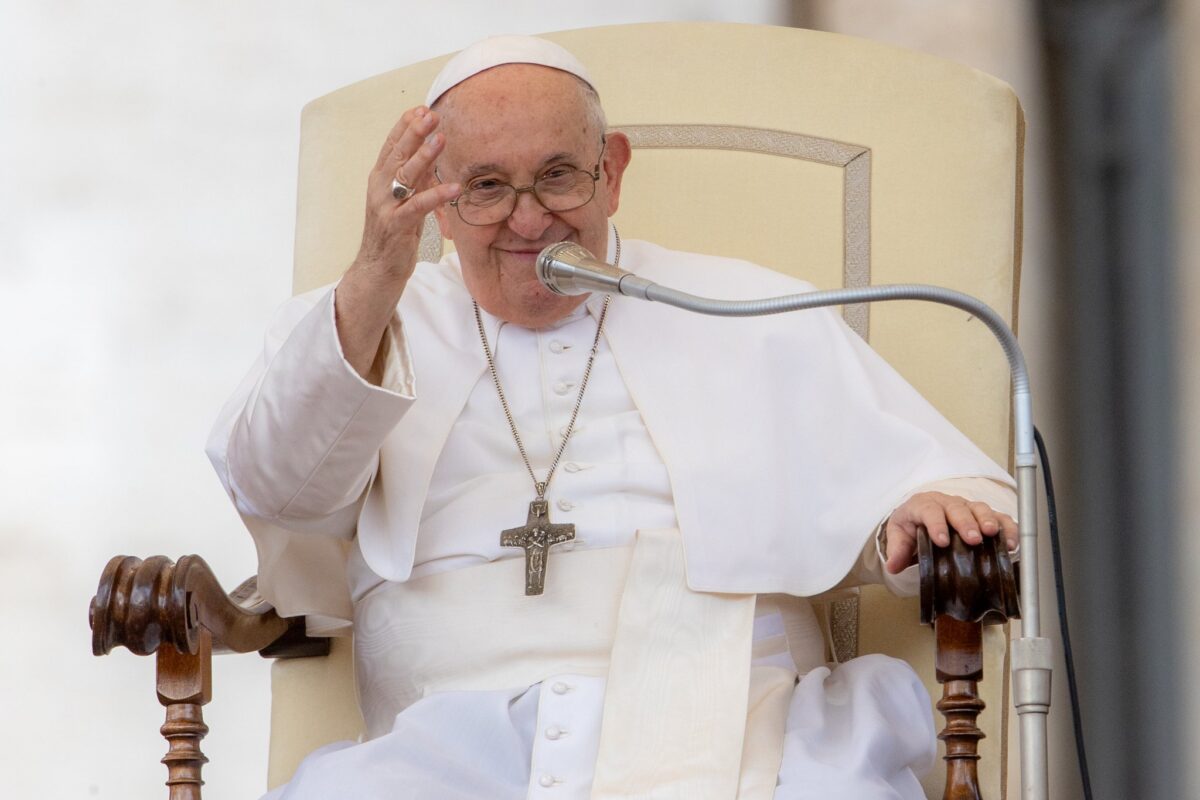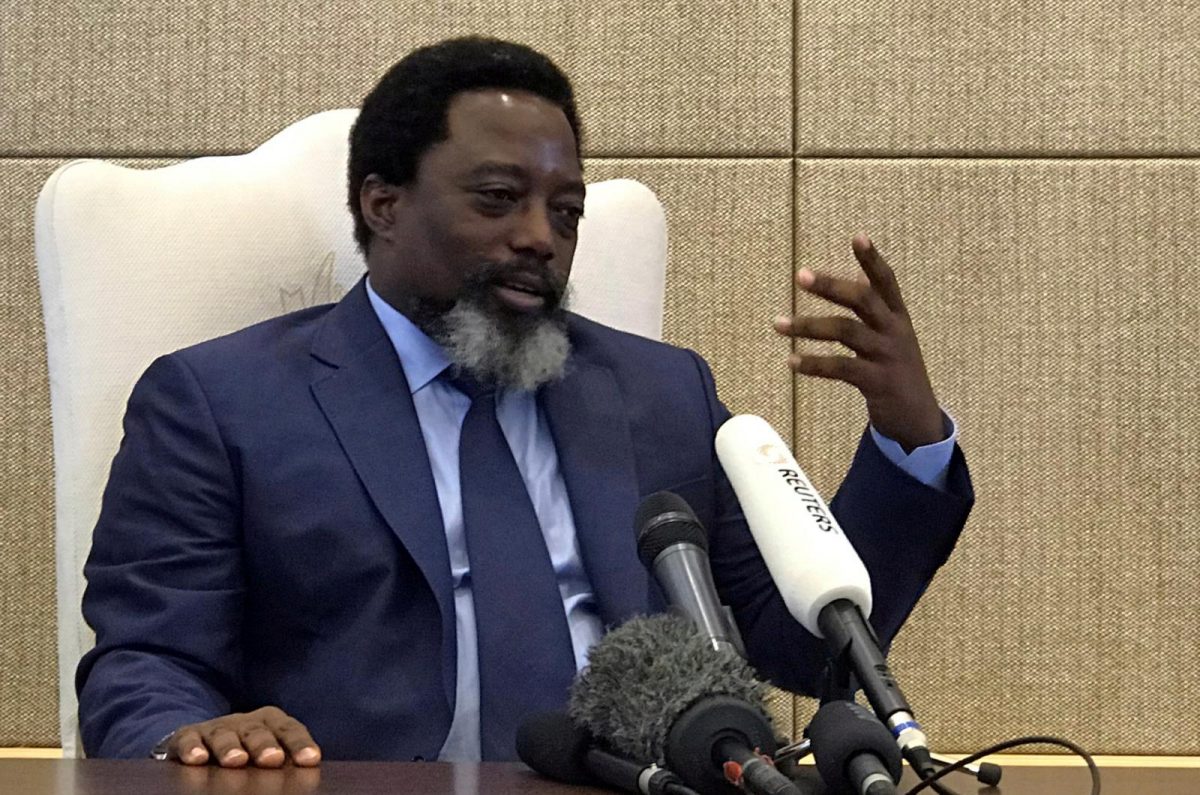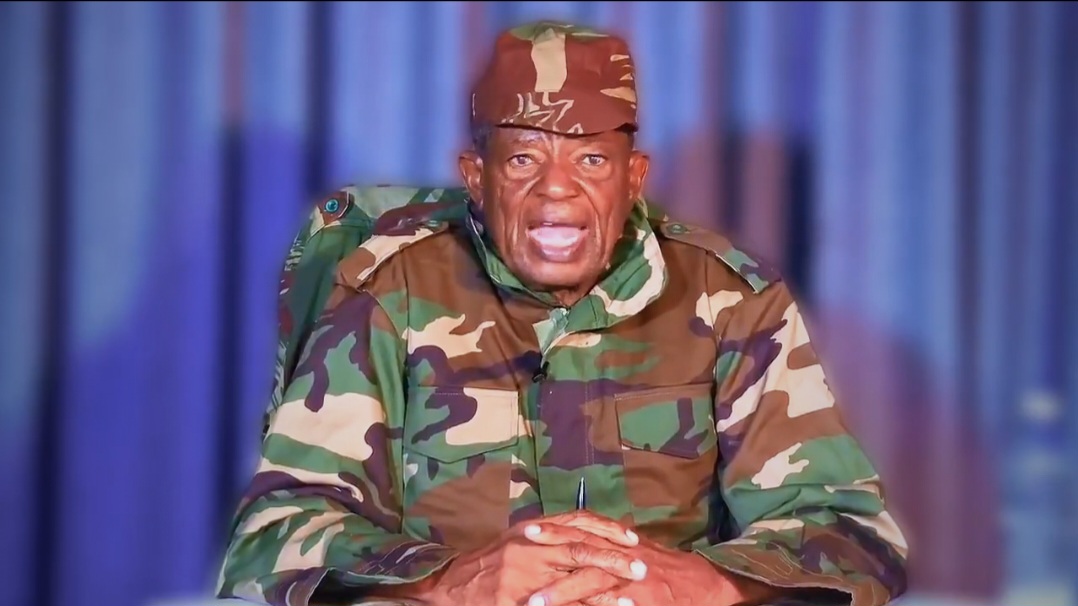THE adoption of a home grown constitution in the year 2013 became a turning point for the tea pot shaped country in the Southern African region.
This is because of the fact that it met what it took for a supreme law of the land to be classified as one that is progressive. The Zimbabwean Constitution is embedded on upholding, promoting and advancing the rights of all its people through observance of the rule of law, supremacy of the constitution, inherent dignity for all, equal recognition, gender equality and sticking to the principles of good governance.
The constitution goes on to clearly articulate what it takes to make the principles of good governance realistic and part of the social fabric. It includes conducting of elections in a free, fair and regular manner, adequate representation as well as transparency, accountability, justice and responsiveness.
This is espoused in section 3 under the founding values and principles, meaning that the tenets of Zimbabwe’s democracy are premised on people power. At the centre of everything lies the people who shall determine Zimbabwe’s political, economic and social trajectory.
Women as part of various social groups were particularly drawn to Section 17 of the constitution that addresses gender balance. For years their recognition has been second to non resulting in the 1995 fourth world conference on women at Beijing which culminated in Beijing Declaration and the Platform for action where state parties in agreement with the provisions of the declaration had to intensify accelerated efforts to foster gender equality through legislative frameworks and creation of opportunities to make participation of women realistic and effective.
As such, through Section 17 of the constitution there was commitment to see to it that equality is realised from all spheres of government inclusive of institutions and agencies. This meant that women would have to constitute 50% in the corridors of power, however to date that has not been made possible due to a highly turbulent political environment characterised by male dominance and measures put in place to further relegate women, young people and persons with disabilities (PWDs).
On Friday the 19th of August, a Statutory Instrument (SI) 144 of 2022 was gazetted which revealed Zimbabwe Electoral Commission’s (ZEC) Nomination Fees for prospective candidates who may want to join the race in the 2023 harmonised elections.
For one to become a president he/she would have to pay US$20 000 or an equivalent of that amount in local currency at the prevailing rate of the day.
Prices for aspiring Members of Parliament (MPs) and councillors/Senators were pegged at US$1000 and US$200 respectively, with one also having an option to pay in local currency.
Upon seeing this, what boggled my mind was how ZEC, in consultation with the Minister of Justice and Parliamentary Affairs, came up with these figures.
Apparently, it is said that consultations were done but one wonders who amongst the greater Zimbabwean population would have made such a proposition when it is clear that the economic instability has seen inflation soaring as high as 191% as alluded by Zimbabwe National Statistics Agency.
Furthermore, it is imperative to note that since the onset of COVID 19 pandemic, over 1.3 million have been living under extreme poverty as some have failed to resuscitate their businesses post COVID 19.
An article by Zimbabwe Independent shows heightened and constant levels of poverty, which rose from 29 percent in 2018 to 34% in 2019. A sharp increase is seen in 2020 with a record of 43% and 49% respectively for the year 2021.
The above statistical data on levels of poverty year on year makes one wonder if the decision to come up with exorbitantly high Nomination Fees was done in the spirit of entrenching the democratic right entitled to citizens in particular, social groups who aspire and subsequently want to run for office, or the battle ground has been drawn and reserved for the elite.
A report released by Zimbabwe Election Support Network (ZESN) following the 2018 harmonised elections indicated that none of the major political party heavy weights fielded 50% of women as candidates which falls far short of what the supreme law prescribes.
Instead, less than 10% of women were fielded across all major political parties with only 2 parties having 20% as female candidates. 1 648 candidates contested for National Assembly seats and of the total, only 237 were women.
Only 26 women made it despite the 2013 electoral year having 29 women. At the time, ZEC Nomination Fees were pegged at US$1 000 for the Presidential position and US$50 for the position of being a Member of Parliament.
Despite having 4 women as candidates for the presidential position who paid US$1 000 each, the fundamental question one has is what guarantees an upward increase in women participation now that nomination fees have been increased.
On the other hand, only 5 young people made it to the National Assembly with no representation of the disabled community.
Hefty ZEC Nomination fees are most likely to place social groups at the periphery when it comes to their representation.
A progressive constitution has not resulted in a 50-50 gender parity due to lack of political will in political parties coupled with internal legislative frameworks that do not compel leaders of political institutions to advance equality.
What makes it worse is an electoral management body that is adamant to shrink the political space.
Based on the 2018 statistical data showing that only 10.9% of women made it to Parliament out of 237, political parties may want to apply a cost benefit analysis. It could prove not to be beneficial to field 50% of women candidates as they are most likely not to succeed when battling it out with male counterparts or in comparison with male candidates.
That is seen as loss to a party that has to budget an estimated sum of US$500 000 if it is to field candidates for every position. More so, the extension of the women’s quota is likely to be used to disservice women as they could systematically be discriminated from contesting on the basis that there is a women’s quota at National Assembly with the same system likely to be introduced at local government level.
The same can be said for PWDs who are not viewed as winning candidates to bank on, and with hefty prices having to be paid it can be seen as a move far too risky to take with detrimental effects.
As such, it may be favourable to go for male candidates that do not fall under the ambit of marginalised groups which in turn is a violation of the African Charter on Democracy, Election and Governance (ACDEG) which Zimbabwe ratified on the 11th of November 2021.
Article 29 states that “State parties shall promote the participation of social groups with special needs, including the youth and persons with disabilities, in governance process”.
In addressing this gross violation of human rights and the Zimbabwean Constitution’s founding values and principles, ZEC and the Ministry of Justice and Parliamentary Affairs ought to conduct public consultation on the nomination fees in order to come up with realistic and practicable fees reflecting the situation on the ground.
As part of a raft of reforms that ought to be in place in line with Section 67 (3), the legislature is implored to take decisive steps in coming up with measures that foster participation of marginalised groups in electoral processes not only as voters but prospective candidates. This can be done through coming up with disaggregated nomination fees to according gender. Valuable lessons can be drawn from countries like Zambia, Kenya and Angola.
Tsepang T. Nare, (Disability Development Consultant) and Diana Harawa, (Social Development Practitioner)

